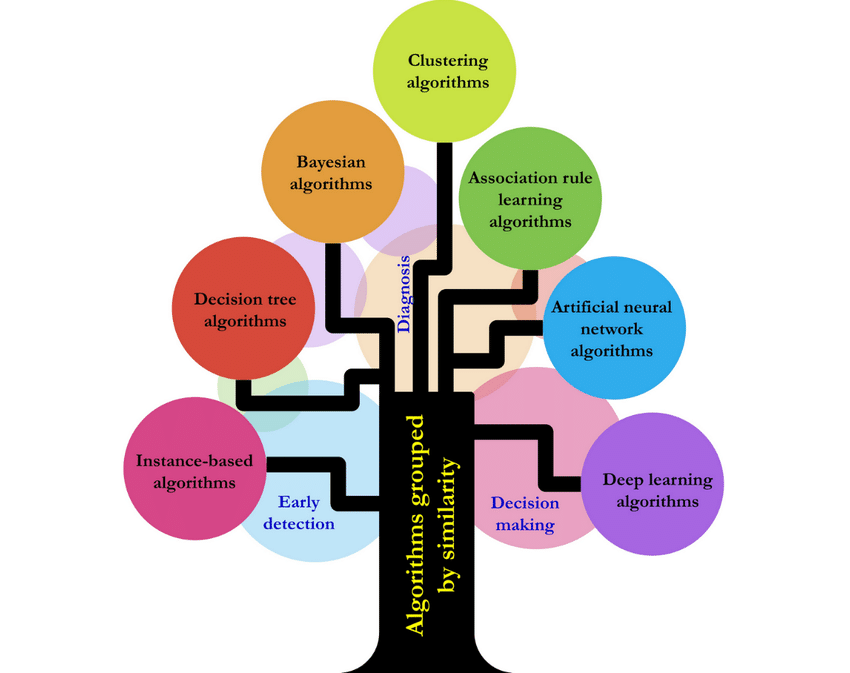 In 2023, twenty-five interviewees agreed that AI was going to matter to older adults. This report was an early entrant connecting AI to their needs. By then, advances in AI had received the full attention of the technology industry, which was undergoing its first major disruption since the arrival of smart speakers and voice in 2014. In fact, some thought it was going to change the interaction with and care of older adults in a dramatic way. Many predictions have been realized as of today, including the widespread use of conversational AI in the home, use of AI in healthcare – particularly in clinical documentation, hearing assistance technology, 24x7 remote monitoring, chatbots for everything, including senior living. In fact, today many experts believe that AI is the most transformative technology since the introduction of the Internet.
In 2023, twenty-five interviewees agreed that AI was going to matter to older adults. This report was an early entrant connecting AI to their needs. By then, advances in AI had received the full attention of the technology industry, which was undergoing its first major disruption since the arrival of smart speakers and voice in 2014. In fact, some thought it was going to change the interaction with and care of older adults in a dramatic way. Many predictions have been realized as of today, including the widespread use of conversational AI in the home, use of AI in healthcare – particularly in clinical documentation, hearing assistance technology, 24x7 remote monitoring, chatbots for everything, including senior living. In fact, today many experts believe that AI is the most transformative technology since the introduction of the Internet.
Other predictions – adoption, and/or impact not yet clear. AI-enabled predictive modeling is becoming mainstream in multiple care categories – but still described as a future, rather than widely implemented. However, its potential (and perhaps use) is increasingly apparent in home health care for fall risk evaluation and monitoring health status. However, there are multiple settings where a data set has been established for examination of patterns and derived future scenarios. Today, some are using AI to understand trends in their home care business or senior living community and to monitor staff performance, as well as using chatbots with care prospects.
AI is an obvious assistant to help older adults learn in their own homes. Conversational AI is touted as a way to mitigate social isolation, much discussed as a health risk for older adults, though none of the remedies are related to AI. Conversational AI is amazing many as a means of learning about new skills or topics -- or answering questions that are top-of-mind at a given moment. For nearly any new skill, process, language, or fitness task, how-to’s are broadly available through ChatGPT and other AI tools. Story-telling tools built with AI are in market today. AI-enabled Smart Home tools are available for those who want them.
An updated report will revisit the topic in 2025. While it will recap the outcome of the previous predictions, it will seek to look forward, taking advantage of so much that has been published. Consider this very recent Older Adults Perspectives (2025). Or the not-yet-published Aging with Artificial Intelligence. Or AARP’s 2025 Older Adults and AI, Perceptions, Concerns and Potential. What will be different in five years – as the baby boomers push further past age 80 and the widespread commitment to remain at home persists, even for those with mobility, cognitive, or health issues? Will AI tools be a means to make it possible for them to remain at home under the watchful (long-distance) eye of their family members? How will healthcare of older adults change? What software tools or devices will be useful? Stay tuned.
